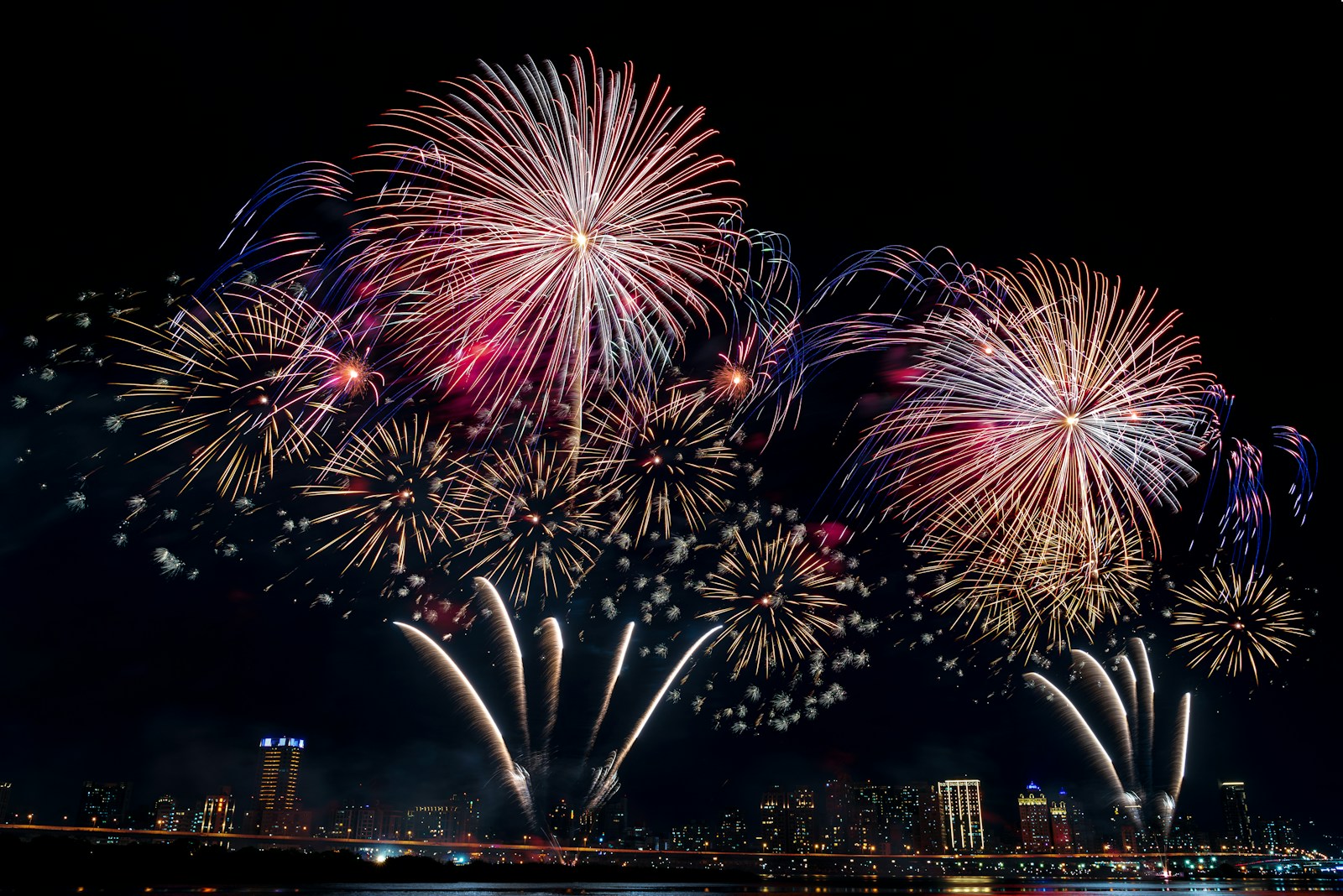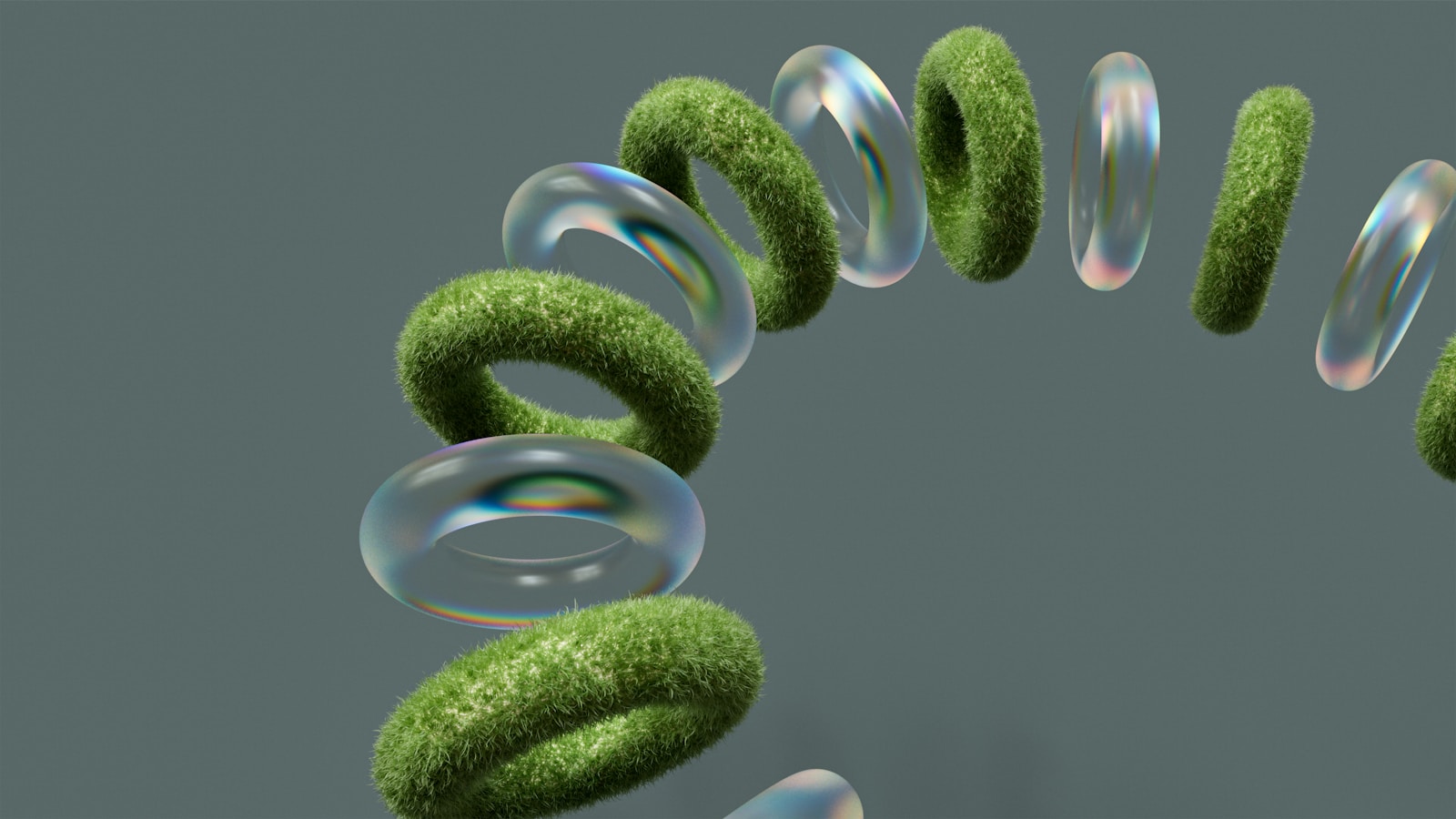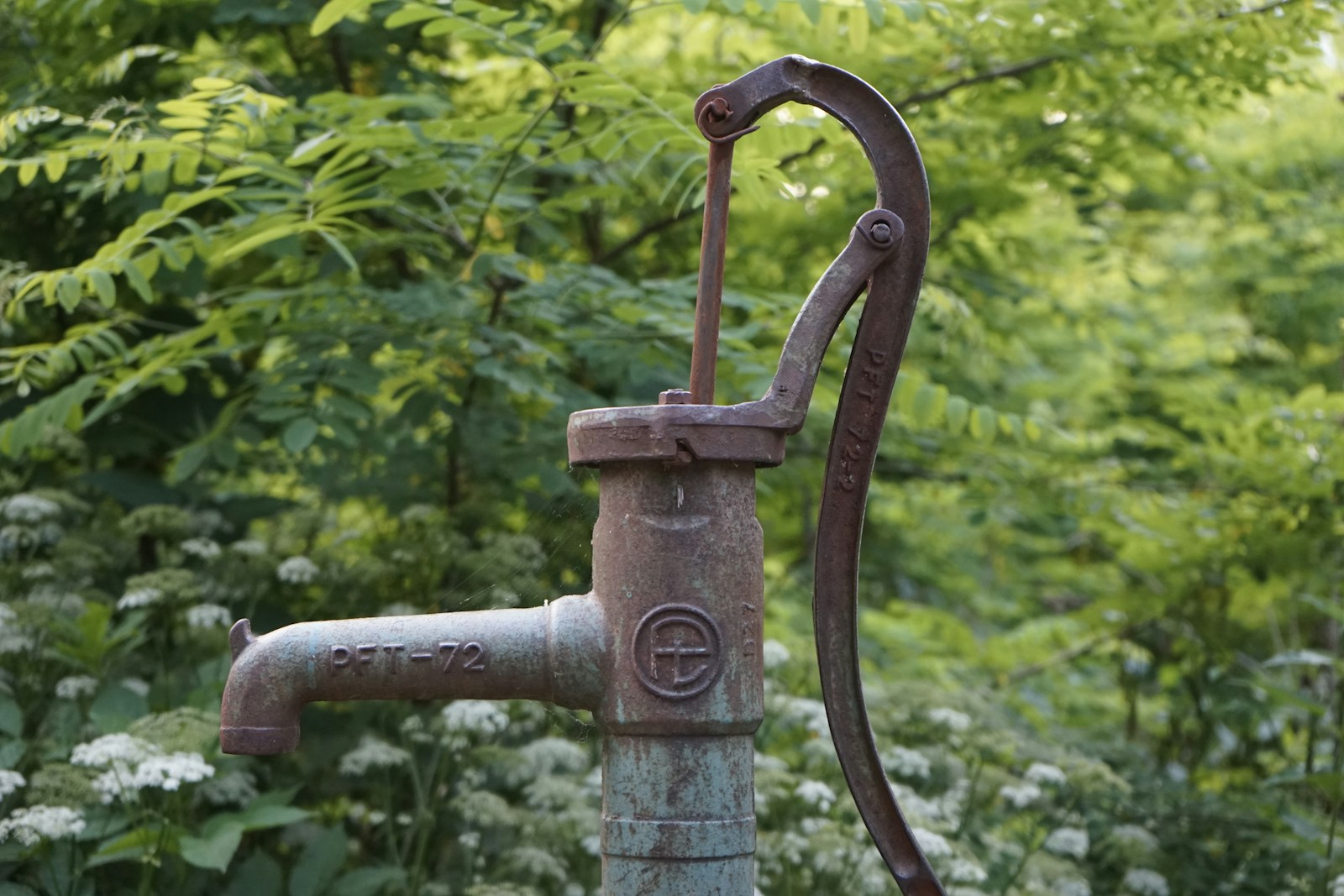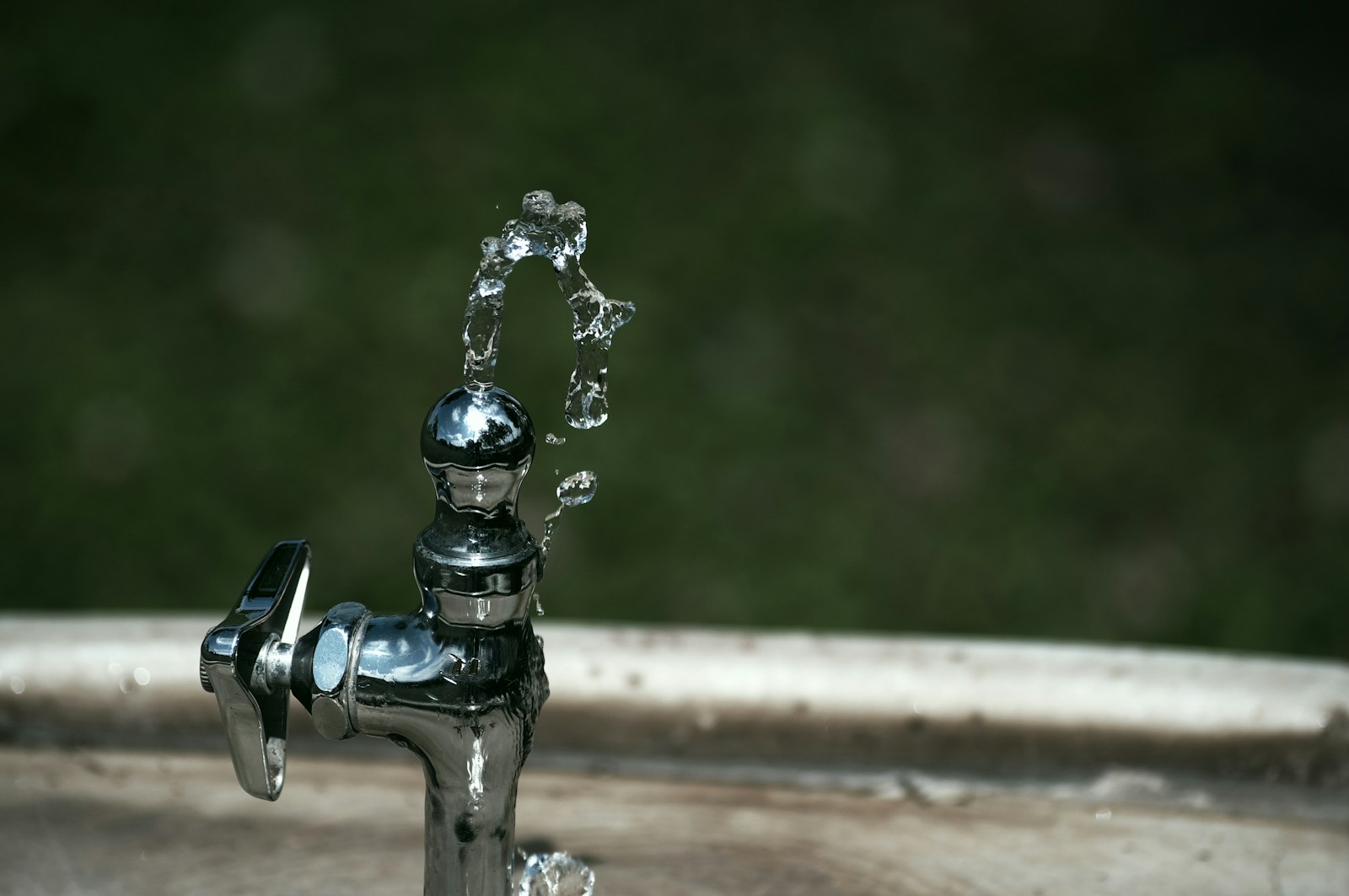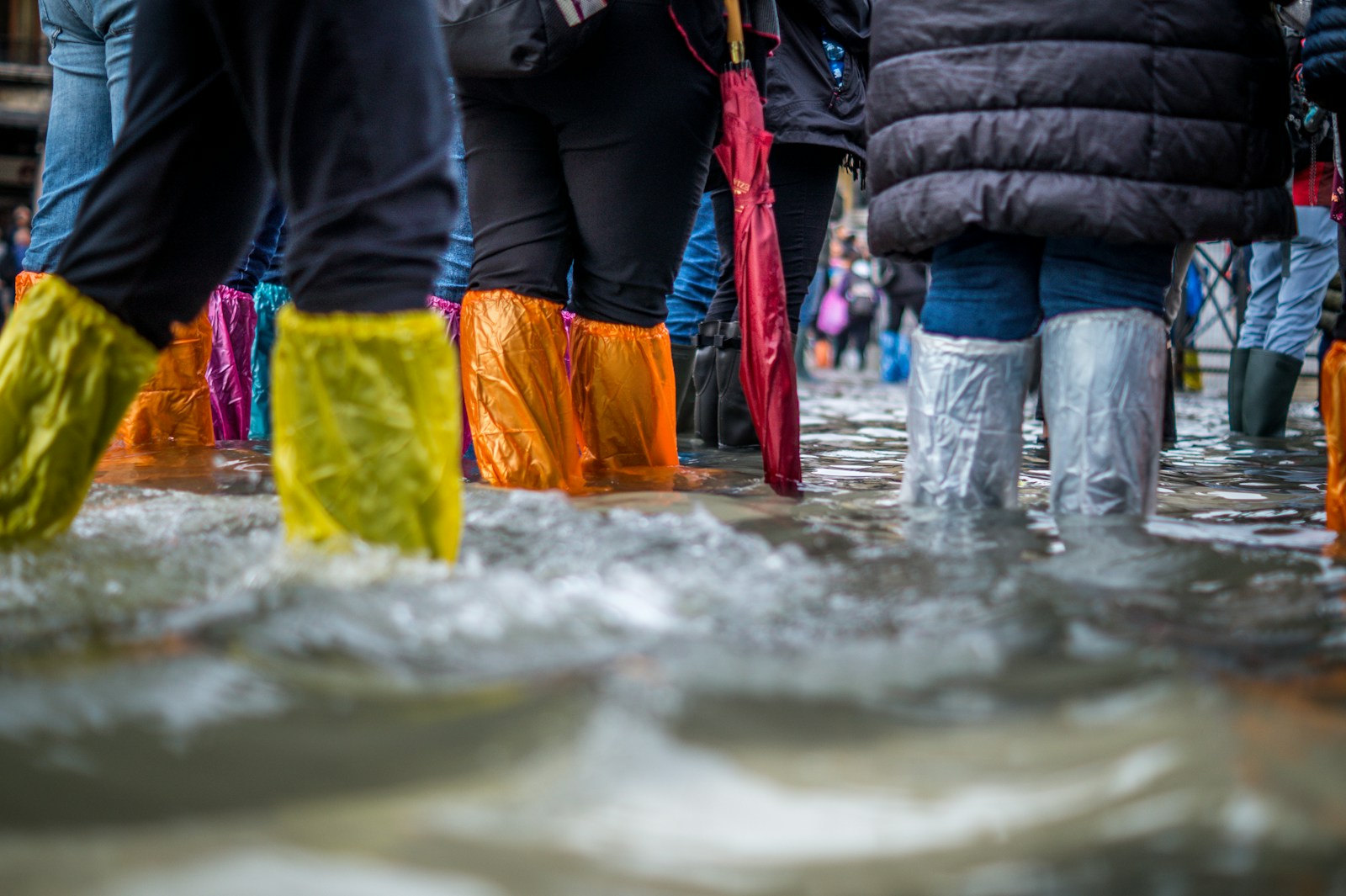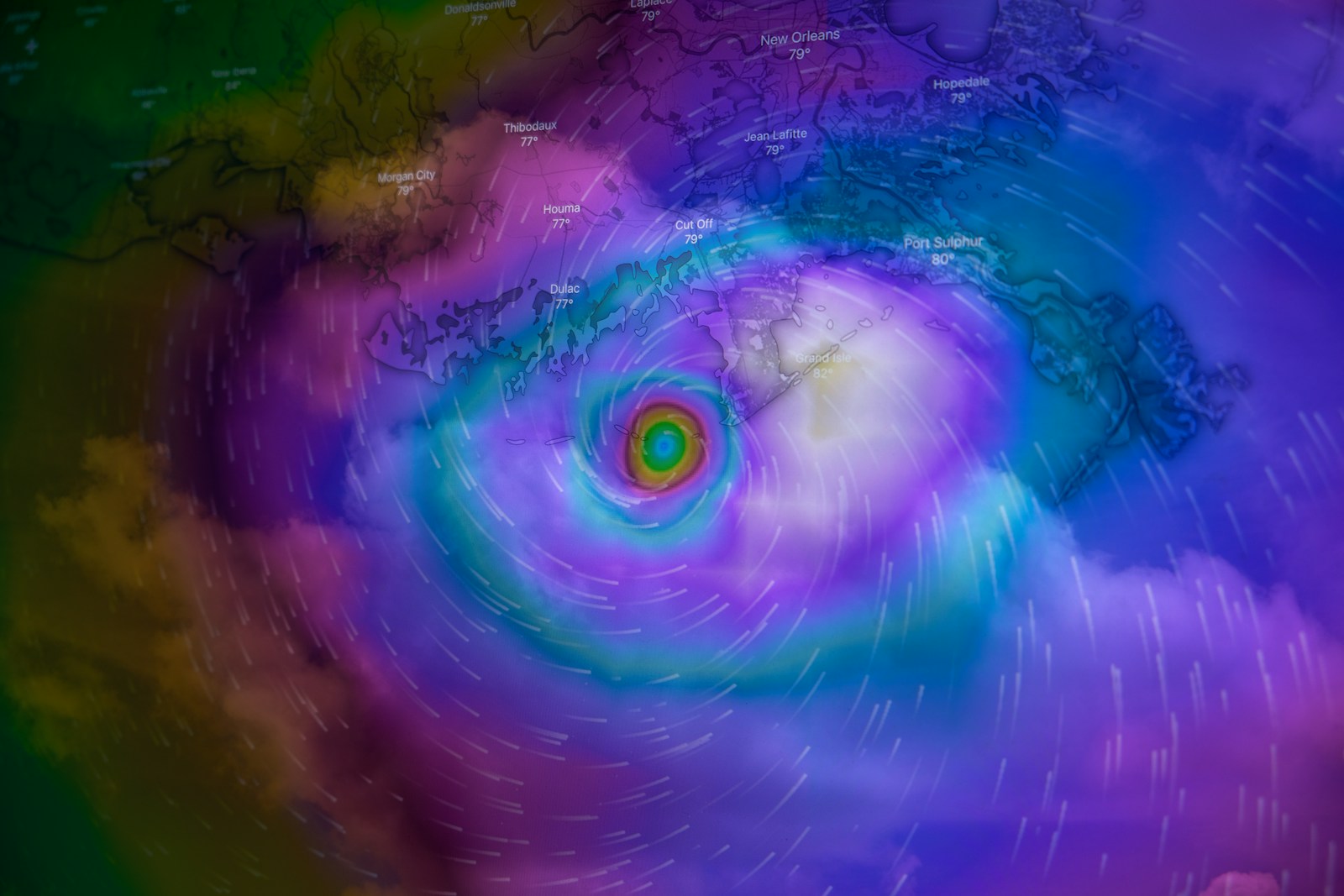Imagine a night sky bursting with vibrant colors, the crackle and boom echoing through the air. Fireworks ignite our senses, creating a spectacle of awe and wonder. But behind the dazzling display lurks a hidden cost – a negative impact on the environment we often overlook. So, how bad are fireworks for the environment? Let’s delve into the smoky shadow cast by these celebratory explosions.
Table of Contents
ToggleAir Quality Blues: From Sparkles to Smog
Fireworks are essentially controlled explosions, and like any combustion process, they release a cocktail of pollutants into the air. These pollutants include:
- Fine Particulate Matter (PM2.5): These microscopic particles lodge deep in our lungs, causing respiratory problems and even aggravating existing conditions like asthma.
- Nitrogen Oxides (NOx): These gases contribute to smog formation, reducing air quality and visibility.
- Sulfur Oxides (SOx): Similar to NOx, these gases contribute to smog and acid rain, impacting ecosystems.
The severity of the air quality impact depends on several factors:
- Frequency of Fireworks Displays: The more frequent the displays, the greater the cumulative impact on air quality.
- Weather Conditions: Wind direction and speed can significantly influence how far pollutants disperse, potentially creating localized pockets of concentrated smog.
- Type of Fireworks: Some fireworks contain higher levels of pollutants compared to others.
Water Woes: From Celebration to Contamination
The colorful spectacle of fireworks doesn’t end in the sky. The fallout from these celebrations can contaminate our waterways. Here’s how:
- Chemical Residue: The chemical remnants from fireworks settle on land and eventually wash into rivers, lakes, and streams. These chemicals can be harmful to aquatic life.
- Heavy Metals: Some fireworks contain heavy metals like copper, lead, and barium. These metals can accumulate in the water and fish, posing a threat to the entire ecosystem.
The impact on water bodies is particularly concerning given their crucial role in supporting aquatic life and providing clean drinking water.
A Symphony of Dissonance: Wildlife in Distress
For many wild animals, the booming and crackling of fireworks is far from celebratory. These loud noises can cause significant stress and disorientation. Here’s why:
- Disrupted Communication: Animals rely on sounds for communication and navigation. The sudden, loud explosions disrupt these vital signals, creating confusion and fear.
- Fleeing the Scene: Startled by the noise, animals may flee their habitats in a panic, potentially injuring themselves or leaving vulnerable young behind.
- Sensitive Species: Birds, with their acute hearing, are particularly vulnerable to the noise of fireworks. Disruptions can lead to nest abandonment or even death of chicks.
Seeking Alternatives: Celebrating Responsibly
Knowing the environmental impact doesn’t mean giving up on celebrations entirely! Here are some ways to celebrate responsibly:
- Opt for Eco-Friendly Displays: Some organizations offer fireworks displays using lower-emission formulations.
- Support Public Displays: Attending public displays minimizes the overall environmental impact compared to individual backyard fireworks.
- Light Shows: Consider dazzling light shows that offer a visual spectacle without the environmental downsides of fireworks.
A Brighter Future: Balancing Celebration and Sustainability
Fireworks hold a special place in our celebrations, but acknowledging their environmental impact is crucial. By opting for eco-friendly alternatives, supporting responsible displays, or choosing alternative light shows, we can create a future where celebrations don’t come at the expense of a healthy planet. Remember, a dazzling display doesn’t have to leave a smoky shadow behind.
FAQs: Fireworks and the Environment
1. What are some of the health risks associated with fireworks?
Exposure to fireworks pollutants can exacerbate respiratory problems like asthma and even contribute to heart disease.
2. How long do firework pollutants stay in the air?
The length of time pollutants stay in the air depends on weather conditions, but they can linger for several hours or even days.
3. Are there any regulations on fireworks?
Regulations on fireworks vary by location. Some areas may have restrictions on the type of fireworks allowed or the times they can be used.
4. Can fireworks be recycled?
Unfortunately, most firework leftovers are not recyclable. Proper disposal is essential to minimize environmental contamination.
5. What are some alternative ways to celebrate special occasions?
There are many ways to celebrate without fireworks! Consider a bonfire with smores, a laser light show, or an outdoor movie night.

